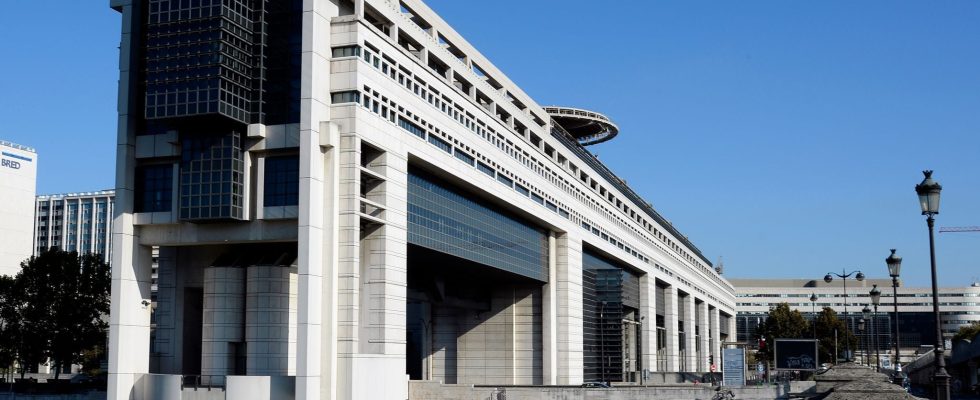There are two ways to approach the new year. Let’s start with the most optimistic: France should avoid recession. Of course, narrowly, but the comparison with our German neighbor is for once flattering. If we are to believe the latest INSEE projections published just before Christmas, French growth stagnated in the last quarter of 2023 but is expected to reach 0.2% in the first and second quarters of 2024. Household consumption, driving force main part of the French locomotive, could even accelerate while the expected decline in inflation should relieve purchasing power. And then, there is a second way of observing the French case. Even if France escapes the worst, the growth objective set by the government for the year 2024 seems unattainable: 1.4% on average over the whole year. To do this, and if we base ourselves on INSEE projections for the first half of the year, GDP would need to increase in the second part of the year by 1% each quarter compared to the previous quarter. Difficult to imagine as the uncertainties over the evolution of interest rates and the yo-yo of oil prices are high, in a particularly tense geopolitical and electoral context.
In fact, between these two visions, French companies tend to vote for the second. Perplexity is what emerges from the latest survey carried out by the Euroconsult firm among the managers of the 100 largest French companies and the bosses of 500 SMEs, the main results of which L’Express exclusively reveals. Whether in terms of activity, investment and hiring, the outlook, which had deteriorated significantly last year, continues to darken. For the first time since 2012, more managers anticipate a decline in activity than those who anticipate growth in their results. And this, whatever the size of the company, even when it comes to companies with a strong international presence. 35% of the bosses questioned approach 2024 with a feeling of “uncertainty”, 15% even say they are pessimistic while only 25% of respondents say they are confident.
Investments on a dry basis
This great vagueness directly impacts their investment projections, which are plummeting: they have never been so negative since 2013, in the midst of turmoil over the future of the euro. The decline is particularly noticeable regarding foreign expansion projects, which have fallen to their lowest level since the survey was created. The main victims of this decline are expenses linked to the digital and ecological transition. Asked about the major challenges awaiting them for 2024, only 9% of business leaders talk about the digital transition – big data, cybersecurity, artificial intelligence – and 14% about ecology. While a majority of respondents see AI as a lever for competitiveness, more than 60% of small businesses feel little, if at all, concerned by its developments.
The bosses’ main priority? Maintain profitability, for 45% of those surveyed. In short, control costs and limit the erosion of margins. It is within this very constrained framework that the obligatory annual negotiations on salaries should begin. Suffice to say that French companies will not really be inclined to loosen their purse strings.
.
